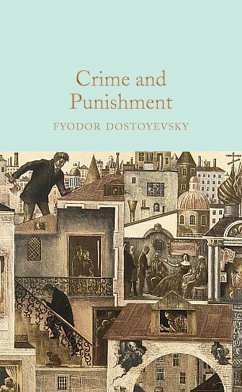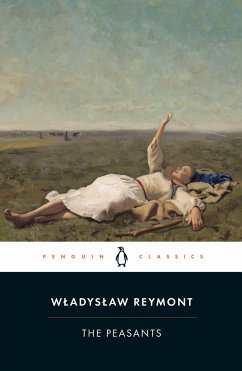
The Precipice (Russian Classics)

PAYBACK Punkte
12 °P sammeln!
This novel explores the internal and external conflicts of a young woman, Vera, as she grapples with the challenges of love, societal expectations, and personal freedom in 19th-century Russia. Torn between tradition and her desire for independence, Vera's journey highlights the cultural and intellectual currents of the time, offering a profound commentary on morality and individualism within a rigid social structure. Ivan Alexandrovich Goncharov (1812-1891) was one of the leading members of the great circle of Russian writers who, in the middle of the nineteenth century, gathered around the So...
This novel explores the internal and external conflicts of a young woman, Vera, as she grapples with the challenges of love, societal expectations, and personal freedom in 19th-century Russia. Torn between tradition and her desire for independence, Vera's journey highlights the cultural and intellectual currents of the time, offering a profound commentary on morality and individualism within a rigid social structure. Ivan Alexandrovich Goncharov (1812-1891) was one of the leading members of the great circle of Russian writers who, in the middle of the nineteenth century, gathered around the Sovremmenik (Contemporary) under Nekrasov's editorship-a circle including Turgenev, Dostoyevsky, Tolstoy, Byelinsky, and Herzen. He had not the marked genius of the first three of these; but that he is so much less known to the western reader is perhaps also due to the fact that there was nothing sensational either in his life or his literary method. His strength was in the steady delineation of character, conscious of, but not deeply disturbed by, the problems which were obsessing and distracting smaller and greater minds.














